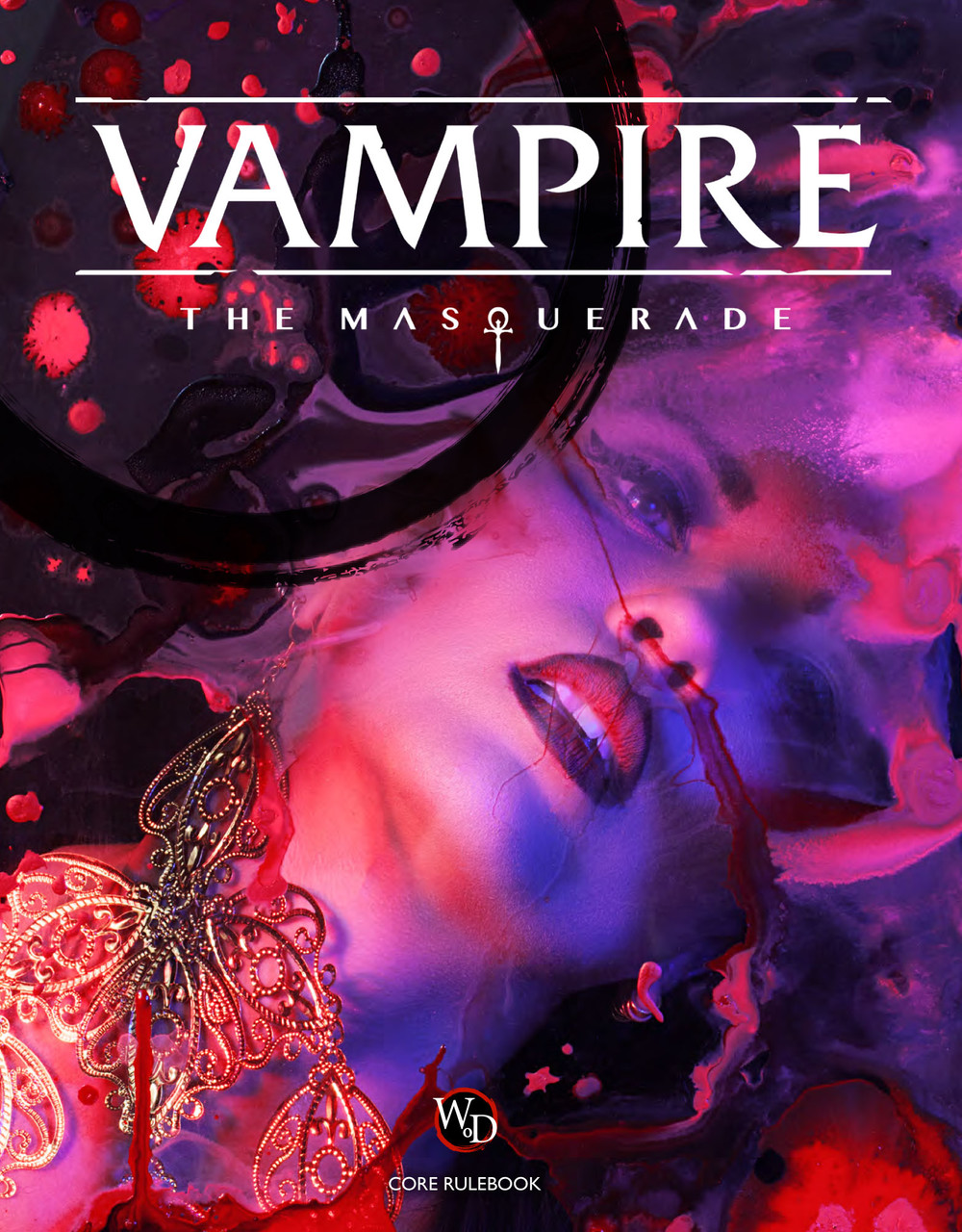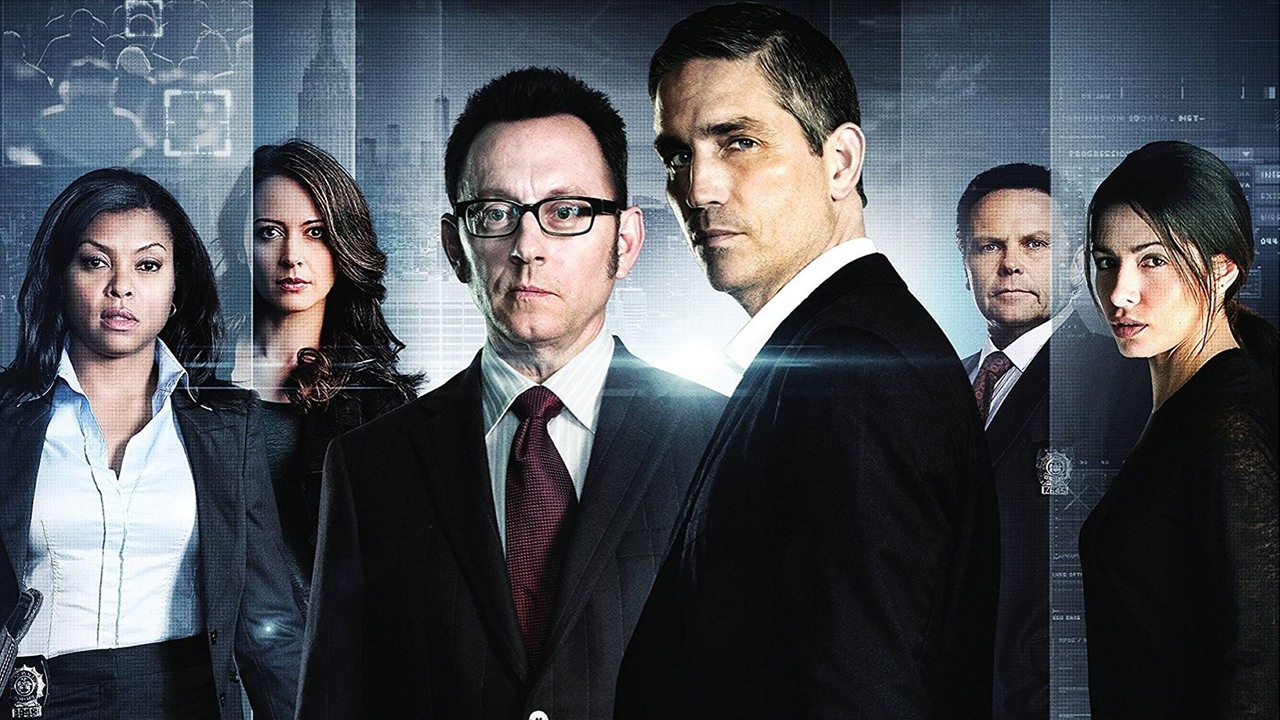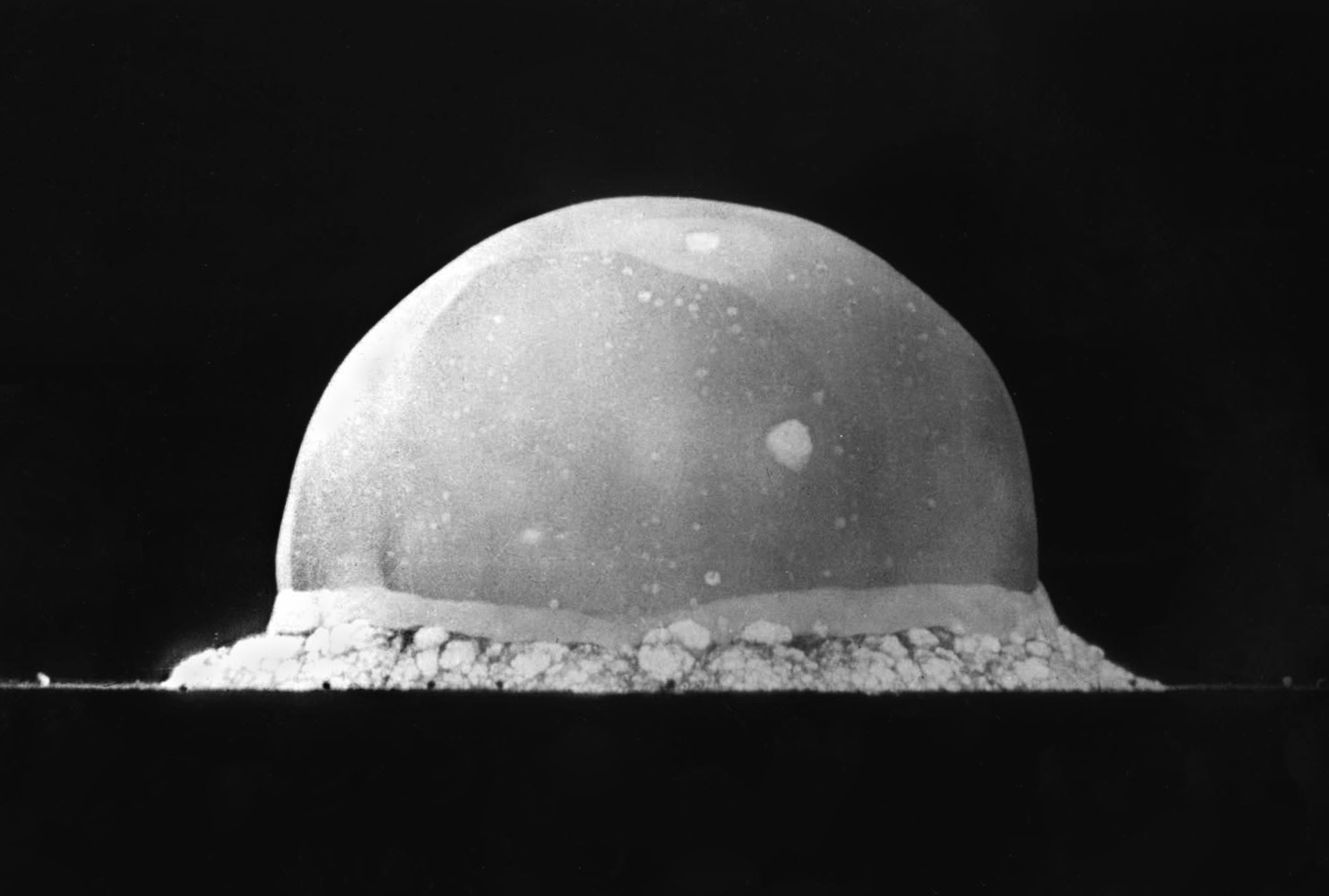Tag: gaming
The Many Settings of Dungeons and Dragons part 1
- Jeremiah McCoy
- November 28, 2018
5 Things Superhero RPG’s Should Have, in my own biased opinion
- Jeremiah McCoy
- September 18, 2018
The Basics of the Game on running a game for newbies
- Jeremiah McCoy
- August 27, 2018



